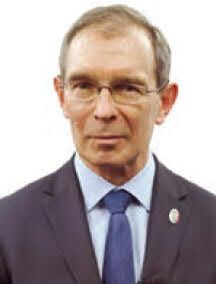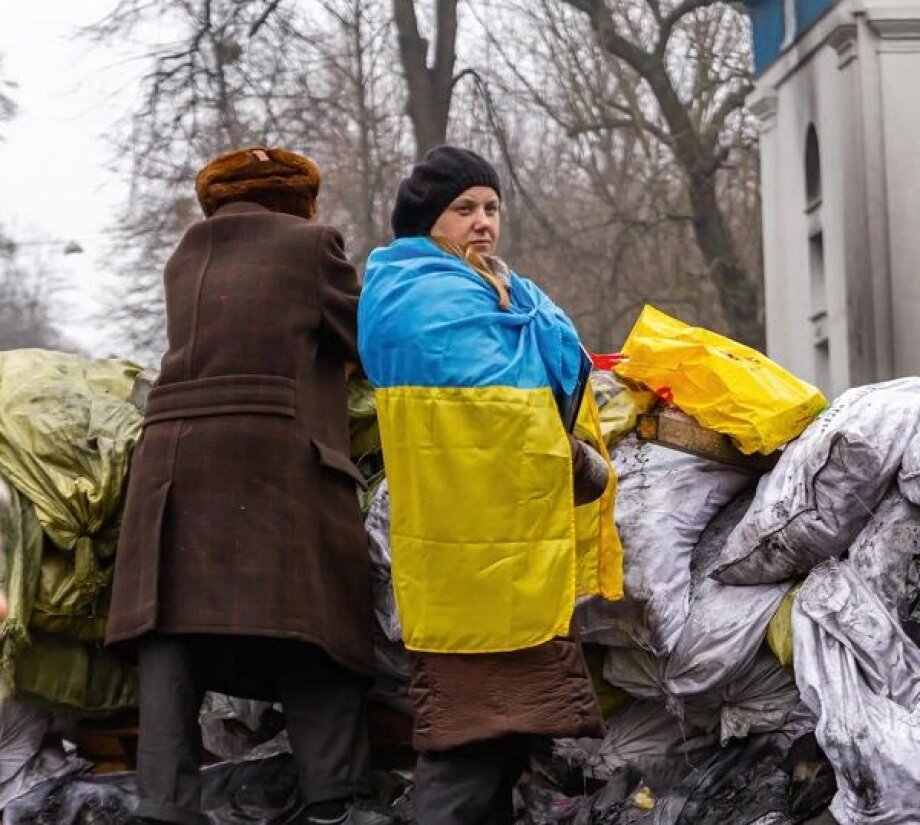WBJ: Poland has longstanding ties with Ukraine and experience in international cooperation not only at the central level but on the sub-national one. Is this significant in politics?
Zygmunt Frankiewicz: Certainly, yes! For a long time now Ukrainians have greatly appreciated Poland’s assistance in developing self-government bodies in their country, all the more now since this help was offered to our eastern neighbor. Ukraine’s 30th anniversary – on August 24, 2021 – of gaining independence also marks 27 years of cooperation between ZMP and the Association of Ukrainian Cities (AUC). Both organizations promote the idea of cooperation between twinned cities and implement joint projects to support the processes of decentralization and the development of self-governance, as set out in the cooperation agreement which was signed in Ostrowiec Świętokrzyski in 2000. In the years 2011-2019, ZMP together with various partners and with the help of external funding was involved in many projects strengthening self-governance and decentralization in Ukraine. It is thanks to the activities undertaken by ZMP and AUC that approximately 500 partnerships have been established so far between Polish and Ukrainian municipalities, towns, provinces and oblasts. There is also active cooperation at the level of regional unions or self-government bodies. As a former chairman of the Silesian Union of Municipalities and Poviats and former mayor of Gliwice, I can tell you from my own experience about the many meetings and even training sessions that we have organized for representatives of self-government bodies that were being established in Ukraine. Such activities intensified after 2014.
I think that thanks to all these activities there is a greater chance of reaching lasting rapprochement, reconciliation and friendship between our peoples despite the difficult history between our two nations. We know from our own experience how important true decentralization is.
Do you think that actions undertaken by the West can lead to progress in decentralization in Ukraine?
We appreciate the efforts made so far by our Ukrainian friends to reform their state and administrative structures. As I already mentioned, Ukrainians, particularly after Euromaidan, were very determined to build a modern and decentralized state. They could also see for themselves that the administrative model adopted by Poland is much more effective when it comes to managing state structures than the eastern authoritarian model. I think that to some extent this is the essence of the dispute between Ukraine and Vladimir Putin. The Russian dictator does not want to accept Ukraine’s ambitions of becoming a modern state. All dictators fear decentralization and strong self-governance. After all, Ukraine's success could show the Russian people that another way is possible and beneficial to society.
In what way will the growing number of Ukrainians in Poland and the friendship between our two nations influence — once this barbaric war is over — the development of cultural ties and knowledge of the history and culture of our peoples, as well as fostering a deeper knowledge of Ukraine in the West?
If our heroic neighbors succeed in holding off the aggressor, also due to the unprecedented pressure from the international community, it is certain that the current willingness to help, which so many Poles are expressing today, should develop into long-term cooperation for the reconstruction of a country destroyed by war. I am convinced that all Polish self-government bodies are willing to become actively involved in this process.
How will the actions, aspirations and political and military ambitions of Putin's Russia affect the democratic world order in the future and to what extent will they frighten Poland and the whole eastern part of NATO?
So far Putin's actions have paradoxically had many positive effects as well. In less than a week’s time since the invasion of Ukraine began, Putin managed to “accomplish” the following: unify Ukraine and rearm it with equipment from the West, unite the West to a degree not seen since the end of WWII, strengthen NATO's eastern flank, make a former comedian [Ukrainian President Volodymyr Zelensky] a statesman and hero of Europe, expel Russia from virtually all sports competitions, cause a sharp drop in indexes on the Russian stock market, induce the West to abandon the Nord Stream 2 project, bring Ukraine closer to EU membership, win praise (fully justified) for Polish President Andrzej Duda around the world and make him one of Zelenskyy’s most important partners, expel Russia from the Swift banking system, induce the West to freeze Putin’s bank accounts and those of Russian oligarchs, prompt Switzerland to abandon its neutrality and make Sweden and Finland think about joining NATO and induce Germany to change its defense policy and its attitude towards Russia by 180 degrees.
What will be the effects of the current war on the world's economic situation, economic development and international trade? Will it encourage Poland’s large and small cities to strengthen their mutual ties, thus contributing to the development of the whole country?
I am not an expert in economics, so it is difficult for me to comment on such matters. After periods of war there is always a time for reconstruction, and not only in economic or commercial terms. I represent Polish self-government bodies and we will certainly stress the importance of building strong self-governing local communities which are focused on cooperation and solving problems efficiently. This has worked very well in Poland since the 1990s and this decentralized model is the only one that can succeed in Ukraine after the end of hostilities. Building the unity of the West and supporting development cooperation, as well as punishing and imprisoning Putin and other leaders of authoritarian Russia will put an end to the current black scenario, which is unfolding in such a large part of the world. I believe that after this we can enter a new democratic and free era, though, of course, it will take us some time to get there.

Former mayor of Gliwice, Senator Zygmunt Frankiewicz is head of the Association of Polish Cities (ZMP), the biggest such organization in Poland, representing at least 300 cities inhabited by over 70% of the country’s urban population.



















